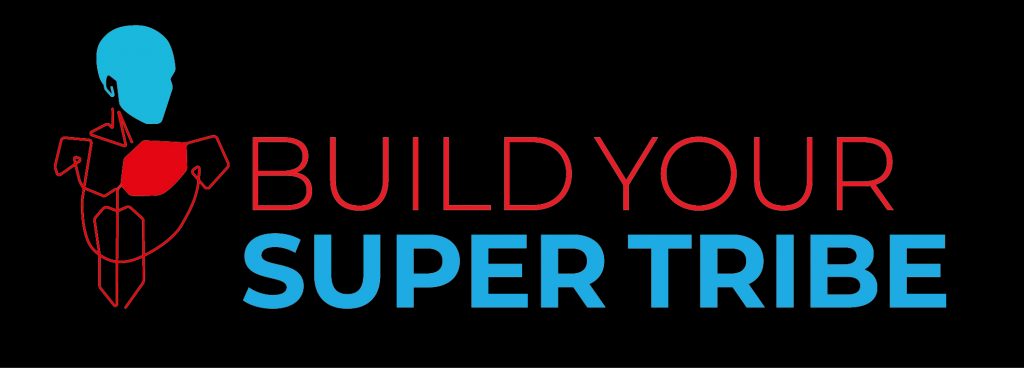Recruit to the power of 6

Recruitment decisions are always key decisions. Getting inside your organisation should be hard, really hard. Who are you allowing access to everyone and everything that’s important to you? You should always recruit like your organisation’s life depends on it, because it may well do. Poorly run organisations, recruit poorly. At the other end of the spectrum, Super-tribes are built by your people for your people.
When recruiting new people, we should focus our efforts so we make the right choices. A meandering chat over tea and biscuits isn’t ever going to be thorough enough. But what exactly should we focus on?
Surely it should be on the candidate’s past successes. That will tell you how good a performer the persons is. Won’t it? The answer is an easy ‘No’. What happened at another organisation is almost irrelevant to you. What’s going to happen at your organisation is all that matters. For example, selling is a skill, but how does selling different products to different customers, using different systems at different companies help you to predict a candidate’s ability to sell for you? Instead of looking backwards, ask them to sell your products to you.
We therefore need to focus on the things that make the biggest difference to that person’s future success with your organisation (the winning controllables). The past should stay there.
Recruit to the power of 6
Typically there are six elements that really power a good recruitment. Some organisations manage to miss all six of them.
1. Cultural fit
Does the candidate have complementary morals, values & motivations to you organisation’s? The bigger the differences here, the more fundamental the mis-match. But the more similarities the more powerful the match. Listen to the reasons why they’re leaving their current job, the reasons they supposedly want to join you; and the reasons behind the stories they tell about their greatness.
2. Mission fit
Does the candidate have complementary purposes & goals? Will they be passionately giving you all their positive energy, or will they be actively opposing you, fighting against everything you’re aiming for? Ask them directly. What do they want to achieve with you and from life in general? Will they stay with you to the end of the line?
3. Existing skill set
Does the candidate have a wide-range of work and non-work related skills? Multi-skilled people have more experience and flexibility when it comes to tackling new roles. Musicians, strategy gamers, committee chairs and sports players will all provide extra value. Hobbies shouldn’t be an after-thought. It’s a helpful indication of how a person thinks under pressure. Having a calm, blue head to go with a passionate red heart is a winning combination.
4. Adaptability
Is the candidate suitable for both the current vacancy and the future needs of the organisation? The present and future are both vital considerations. Today’s needs will be outmoded tomorrow. Think forward and test for their ability to solve a range of technical, process and people problems.
5. Super-Tribalism
How committed to your organisation are they really? Do they care about your people, or is it just another job to them? Will they jump ship at the first sign of trouble, or will they stay calm and turn things around? Will they help you build great internal and external relationships, partnerships and alliances that will drive your organisation’s success? Your recruitment process can make all the difference. That’s why organisations shouldn’t outsource it. Super-tribes never do. Search the candidate’s answers for a willingness to put the mission first, team second and themselves third. Will they muck in and do whatever’s needed to get the job done? Give them scenarios and see what your organisation would become.
6. Cognitive diversity
To avoid the limitations of similarity and group think, recruit from different personal and professional backgrounds. Recruit people with different skills, perspective and operating philosophies. This will provide your organisation with greater breadth and depth of decision-making.
And remember
Recruitment is only the beginning. Organisational support, care, training, mentoring & rewarding are all critical to the success of any new recruit.
